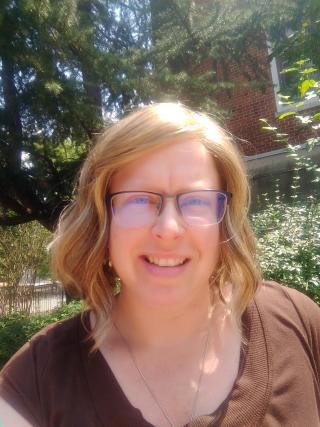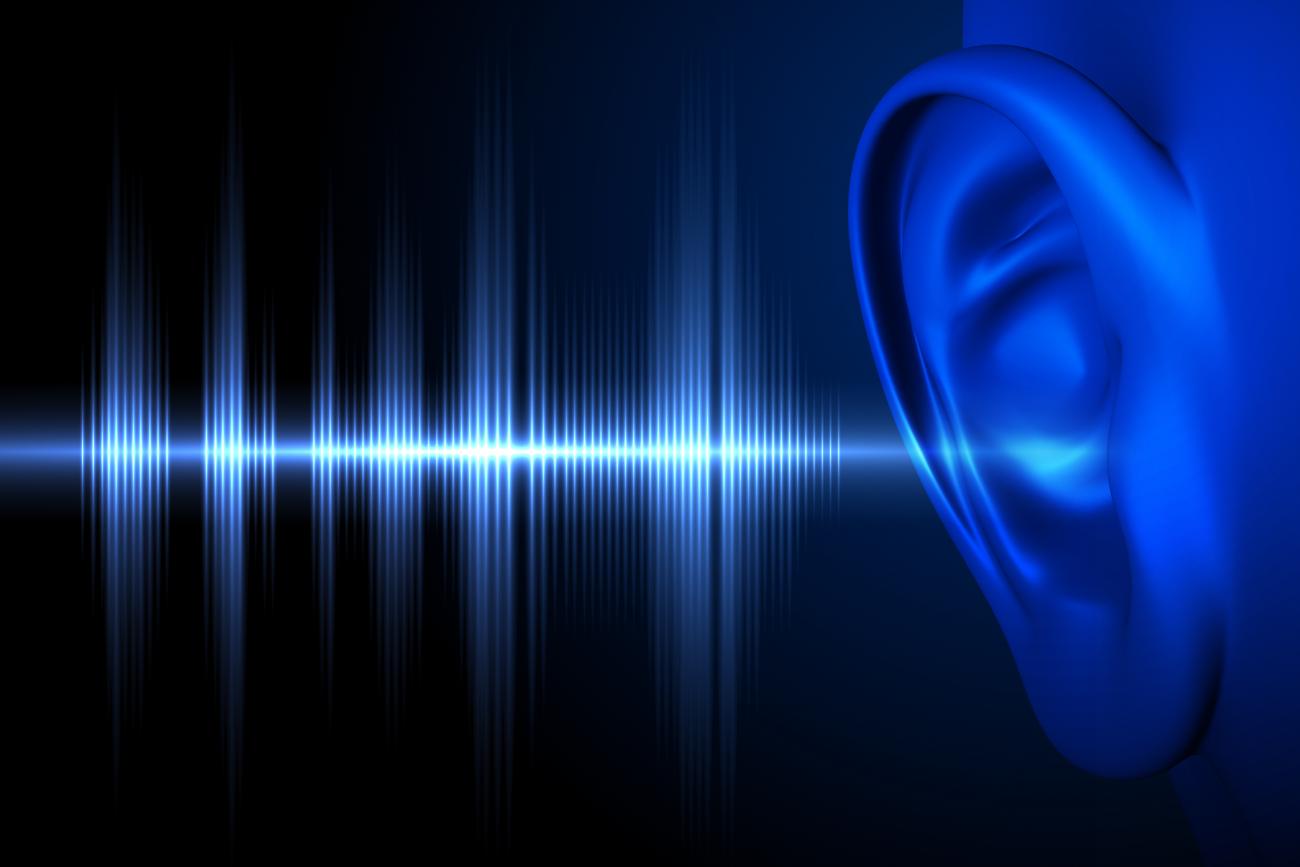Anna studies how the changes in the brain that occur with age affect how a person understands speech -- specifically when listening through a cochlear implant. She is interested in how specific cognitive abilities (such as attention and working memory) influence an individual's ability to extract meaning from sentences presented in challenging environments. She works in the labs of Dr. Sandra Gordon-Salant and Dr. Matthew Goupell at the University of Maryland as a Ph.D. student in the Neuroscience and Cognitive Science program. She received a B.A. in Linguistics and a Master's in Computational Linguistics from the University of Washington. She received her Doctorate in Audiology (AuD) from the University of Arizona in 2017.
Publications:
Tinnemore, A. R., Zion, D. J., Kulkarni, A. M., & Chatterjee, M. (2018). Children’s recognition of emotional prosody in spectrally degraded speech is predicted by their age and cognitive status. Ear and Hearing, 39(5), 874-880.
Waddington, E., Jaekel, B. N., Tinnemore, A. R., Gordon-Salant, S., & Goupell, M. (2020). Recognition of accented speech by cochlear-implant listeners: Benefit of audiovisual cues. Ear and Hearing, 41(5), 1236-1250.
Tinnemore, A. R., Gordon-Salant, S., & Goupell, M. J. (2020). Audiovisual speech recognition with a cochlear implant and increased perceptual and cognitive demands. Trends in Hearing, 24, 2331216520960601.
Bieber, R. E., Tinnemore, A. R., Yeni-Komshian, G., & Gordon-Salant, S. (2021). Younger and older adults show nonlinear, stimulus-dependent performance during early stages of auditory training for non-native English. Journal of the Acoustical Society of America, 149(6), 4348-4365
Degrees
-
Au.D.University of Arizona, Minor in Cognitive Science
-
M.A.Computational Linguistics
-
B.A.Linguistics, Minor in Spanish



